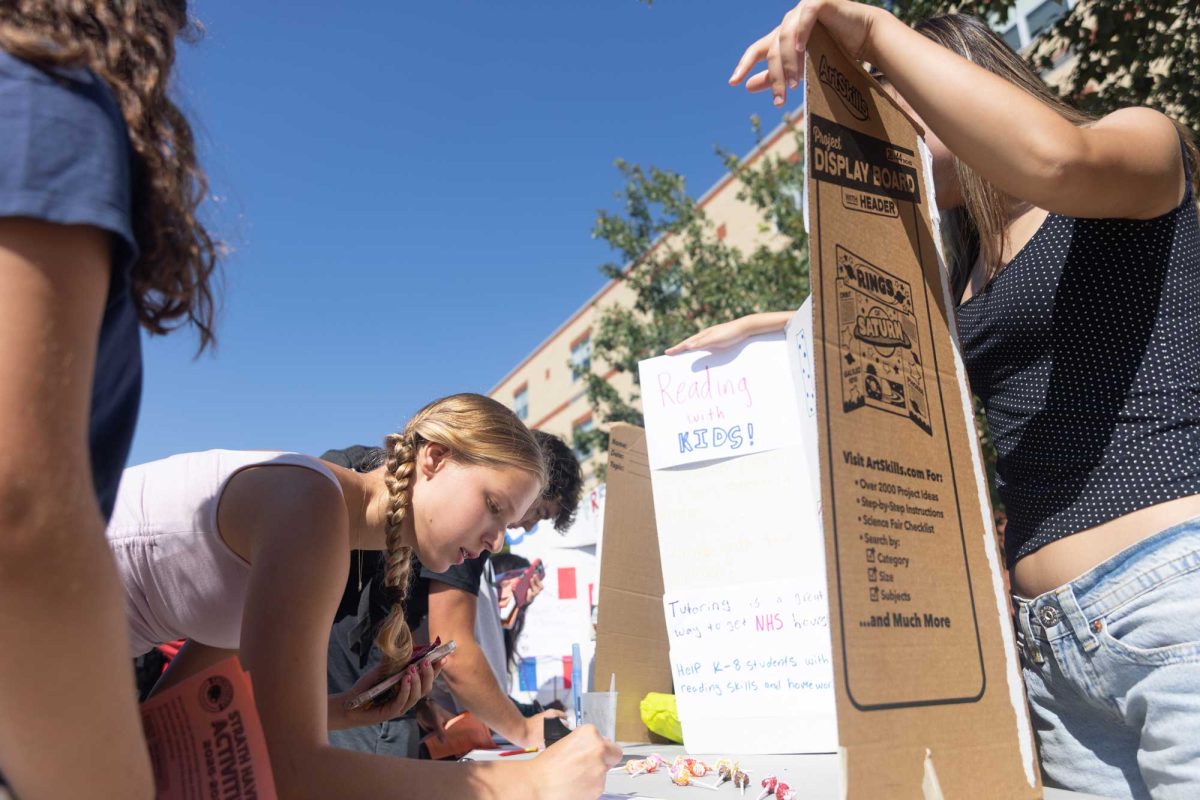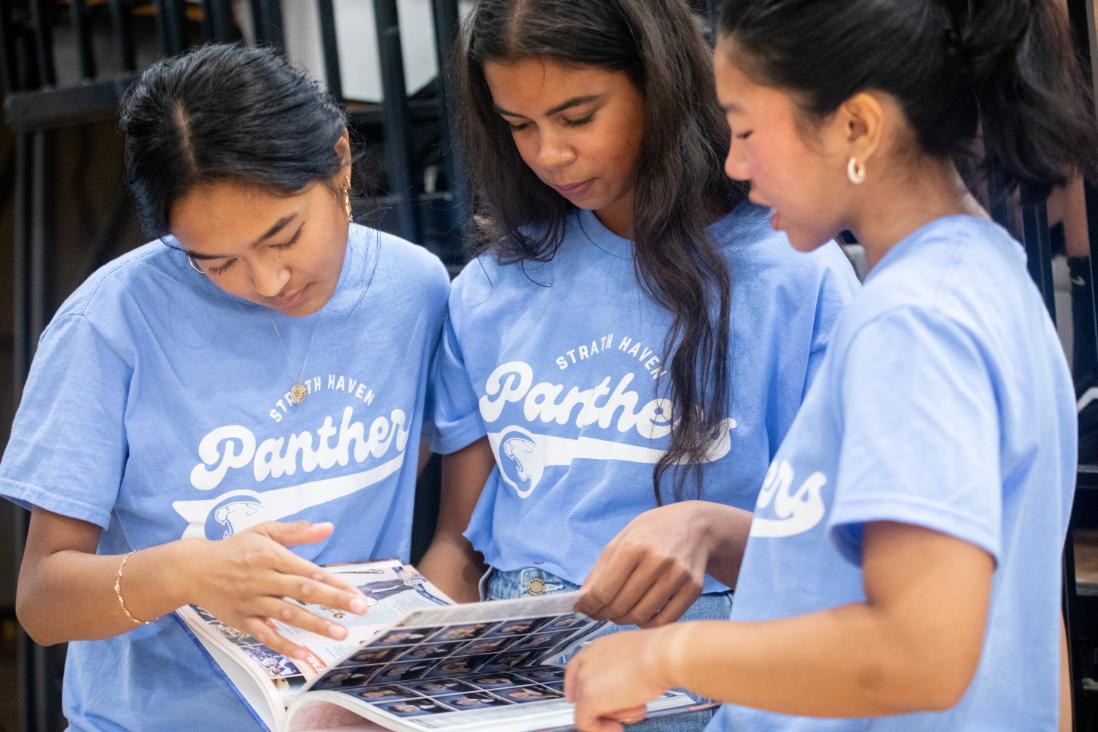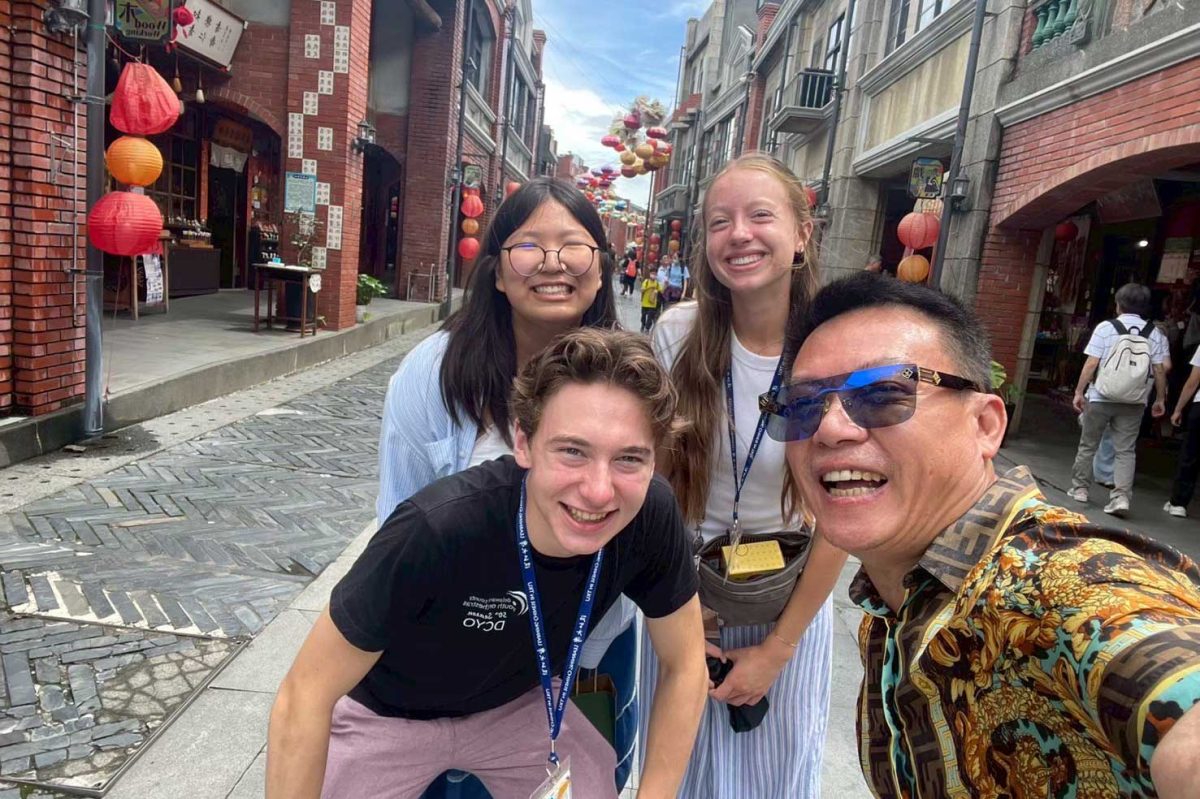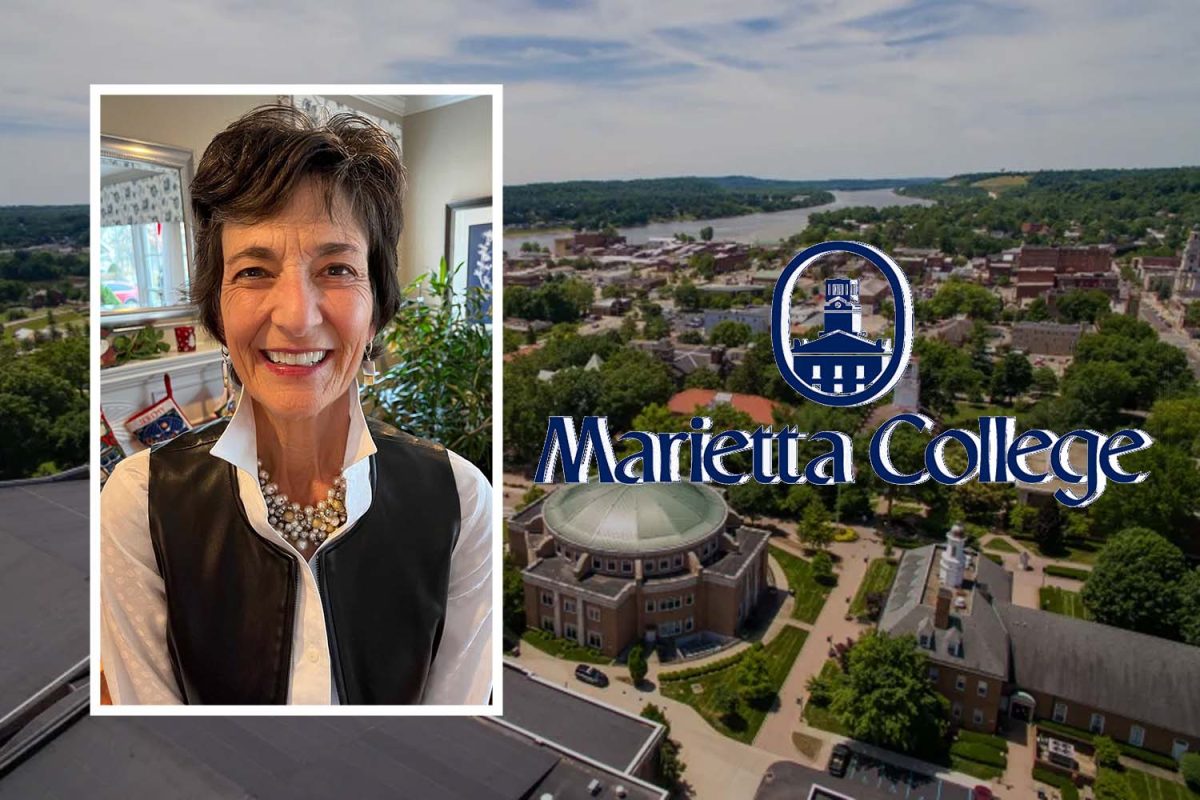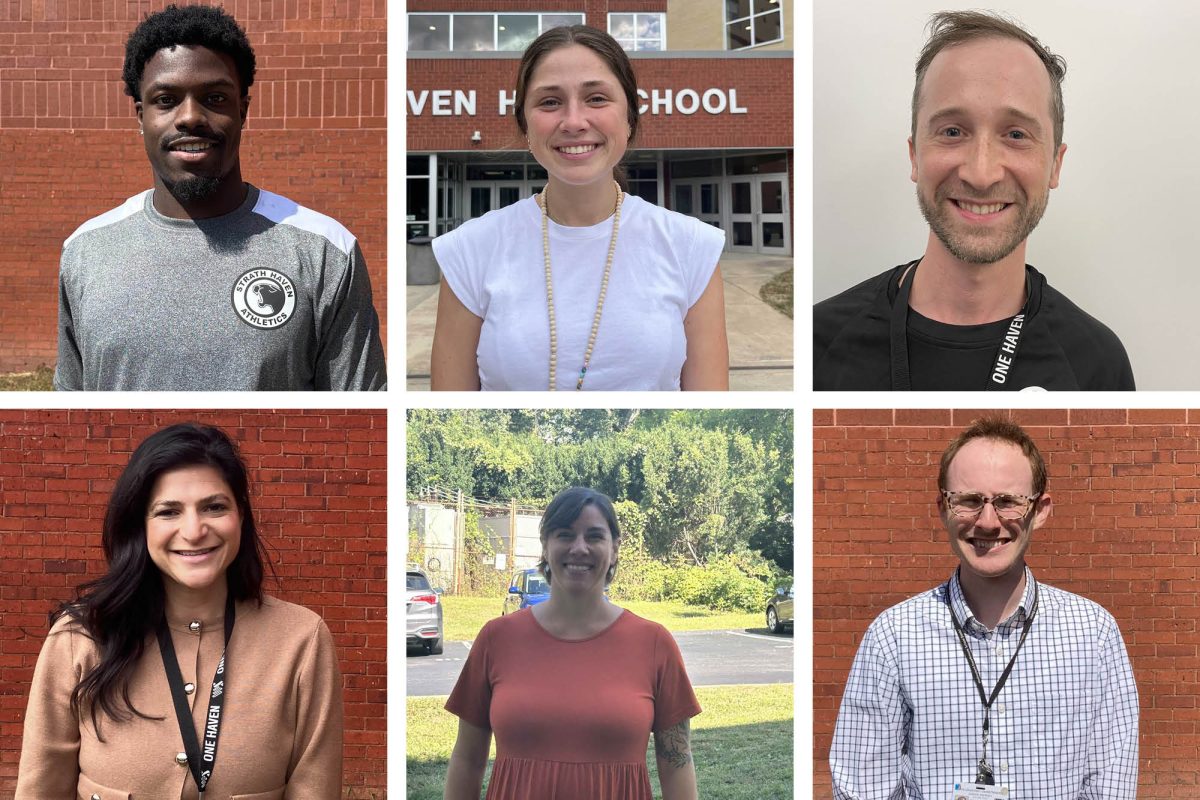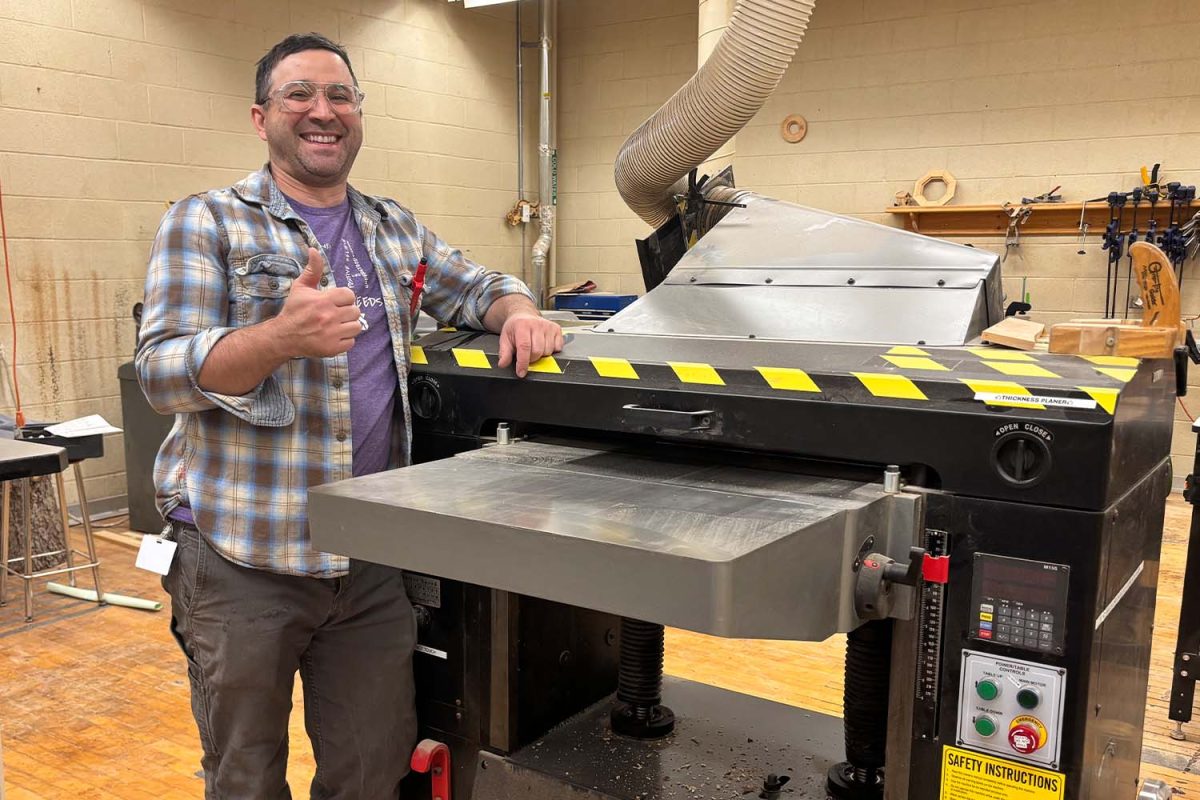Dr. Wagner Marseille knows a thing or two about going for gold. Marseille medaled at several international track competitions and championships. Then, in 1996, he represented Haiti in the Olympic Games. He’s accustomed to raising the bar and striving for excellence. Now, he’s looking to set a gold standard in education as WSSD’s new superintendent.
Marseille brings a unique perspective to the district. He was born in Haiti, the “poorest country in the Western hemisphere” and “landed in Princeton, New Jersey, one of the most prestigious zip codes in the country”. Marseille notes that he often felt out of place, as his parents were “blue-collar, very hard-working, [with] double jobs” while there was “so much affluence” in the rest of the community. He adds that “the percentage was in the single digits in terms of students of color”, and “there were a lot of things that that community said, and didn’t say, that made me feel as the other. So it was very difficult for me to fit into that community.” This experience inspired Marseille to work to improve circumstances for students like himself- and eventually led him to WSSD.
“As I started to look deeper into the community and the district, it did remind me so much of Princeton, in terms of… the expectations, the idea about excellence, the idea about rigorous schoolwork, the community,” Marseille said. “And, I realized that, you know what, this might be a place in which I could be of better service and support what the new type of thinking that the board was looking for.” Marseille explains that both districts are “beautiful, wonderful [communities], but when you don’t create the opportunity for others to see themselves within the culture of your community, it becomes extremely, extremely challenging.” Marseille hopes to improve the atmosphere for students who struggle like he did, and ensure that all students feel welcome.
Marseille’s perspective is a necessary addition to a district that has struggled with diversity and equity in the past few years. Marseille acknowledged recent conflicts, including the letter incident, and indicated that “when the school is not intentional about having conversations about what our core values are and what we believe”, incidents like this will continue to occur.
As a result, Marseille believes that there need to be more discussions about diversity, equity, and inclusion in the classroom. He notes that “much of the curriculum is a Eurocentric curriculum”, which provides a narrow view of the world. He hopes to expand the curriculum to allow students to experience and celebrate multiple perspectives.
“The curriculum plays a large role in being able to allow students to see their own history, but what’s more important is allowing students to see another perspective,” Marseille said. “When students graduate from Wallingford Swarthmore, there’s no mistake about it that they’re entering into an extremely diverse community. And it’s not that they have to espouse the same core beliefs as those individuals, but they have to be able to have experience understanding the perspective. And I don’t think there’s enough space in their curriculum that allows that to happen.” Marseille emphasizes that changes to school climate cannot be just performative. He cites how he and other administrators have worked to create celebrations for Hispanic Heritage month. “We’re trying to figure out what are the most effective ways besides window dressing or besides putting a nice little sticker on the wall that says “Hispanic Month”. How do we think differently about how we support their own culture, not just through the seasonal monthly perspectives, but the way in which we honor all cultures, music, art, science, sports, and literature throughout the year,” Marseille said. Marseille adds that it’s not enough to say “‘Hey, let’s talk about diversity,’ and then we order 60 books and then we just scatter them through our libraries. I think it needs to be more deliberate and intentional, in terms of the racialized experiences and or experiences of people from multiple identities that go beyond race,” he said. “When you take a look at inequity, it’s more than just about race. We have multiple students in this district with multiple identities.” Marseille plans to perform an equity audit to evaluate “areas in which we are not reaching our potential”. Marseille hopes to evaluate other pieces of the school environment, including mental health. He acknowledges that “we are an extremely rigorous, high demanding school system that pushes students to the brink.” Furthermore, Marseille feels that “mental health, stress, and anxiety [are] a significant factor in this district because we’re pushing the envelope in terms of excellence. It seems to me like we want to be the best at everything. That’s a lofty goal, but it has to be balanced with some intentionality on wellbeing.” His goal is to “figure out a way [to] simultaneously continue to strive for excellence [and] balance that with a healthy lifestyle.” All of these changes will contribute to “the WSSD experience”, the high quality of education that equips students with the “appropriate skills, experiences, dispositions, and attitudes, in order to excel.” Marseille notes that the “WSSD experience is very different for many students in this district”, so he hopes to “provide equity, in terms of ensuring that every student gets the WSSD experience.” Marseille encourages students to speak up and highlight more opportunities to improve their school experience. Marseille emphasizes that student voices are powerful tools, and promises that he will listen to student voices. He understands how harmful it can be when students’ voices aren’t heard. When he was in middle school and high school, Marseille felt that “my voice didn’t matter and that other voices took precedence over mine. There wasn’t a platform for me to have a voice.” Given his past experiences, Marseille is determined to value students’ opinions and “recognize [their] unique identities in multiple ways that make [them] feel valued”. In Marseille’s first 100 days as superintendent, he has taken the time to observe the district and consider how he can improve the school experience for all students. His numerous goals may seem ambitious, but Marseille has been pushing for excellence for his entire life- and he’s not stopping now.








